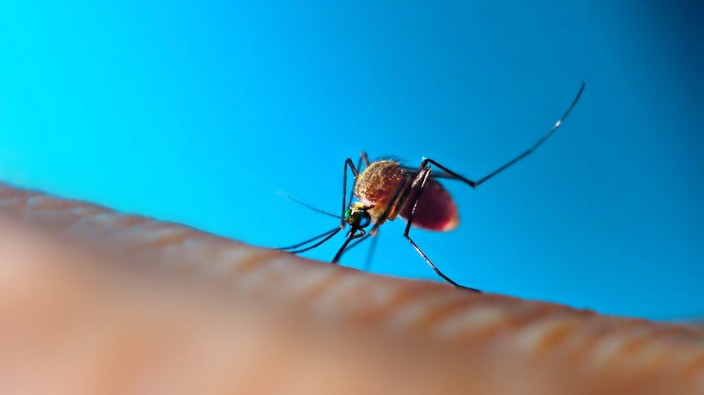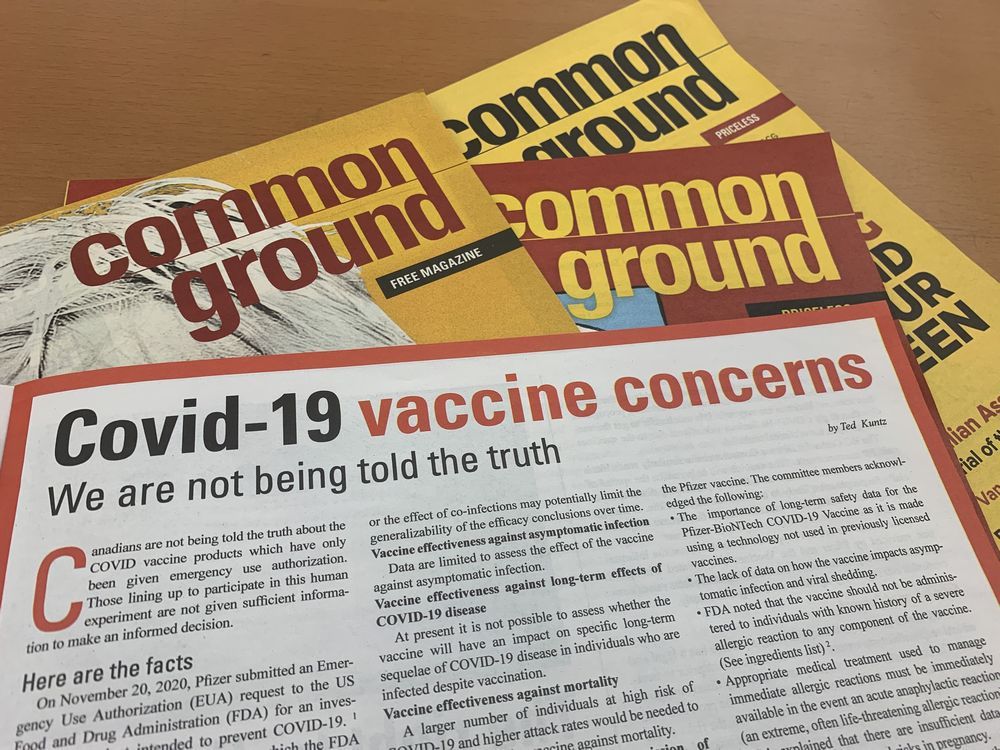health canada report on climate change is dire, but not hopeless
today's environmental disasters and infectious diseases are a warning of the dangers that warming temperatures pose for our future.
old malaria drugs are not really the covid-19 'game changer'
'absolutely, it should be studied. ... but the idea that people should start taking chloroquine because it’s a game-changer, i think is just nuts, frankly'
opinion: anti-vaxxers ignore inconvenient truths
a look at the wide range of people who oppose mandatory vaccinations
 4 minute read
4 minute read









